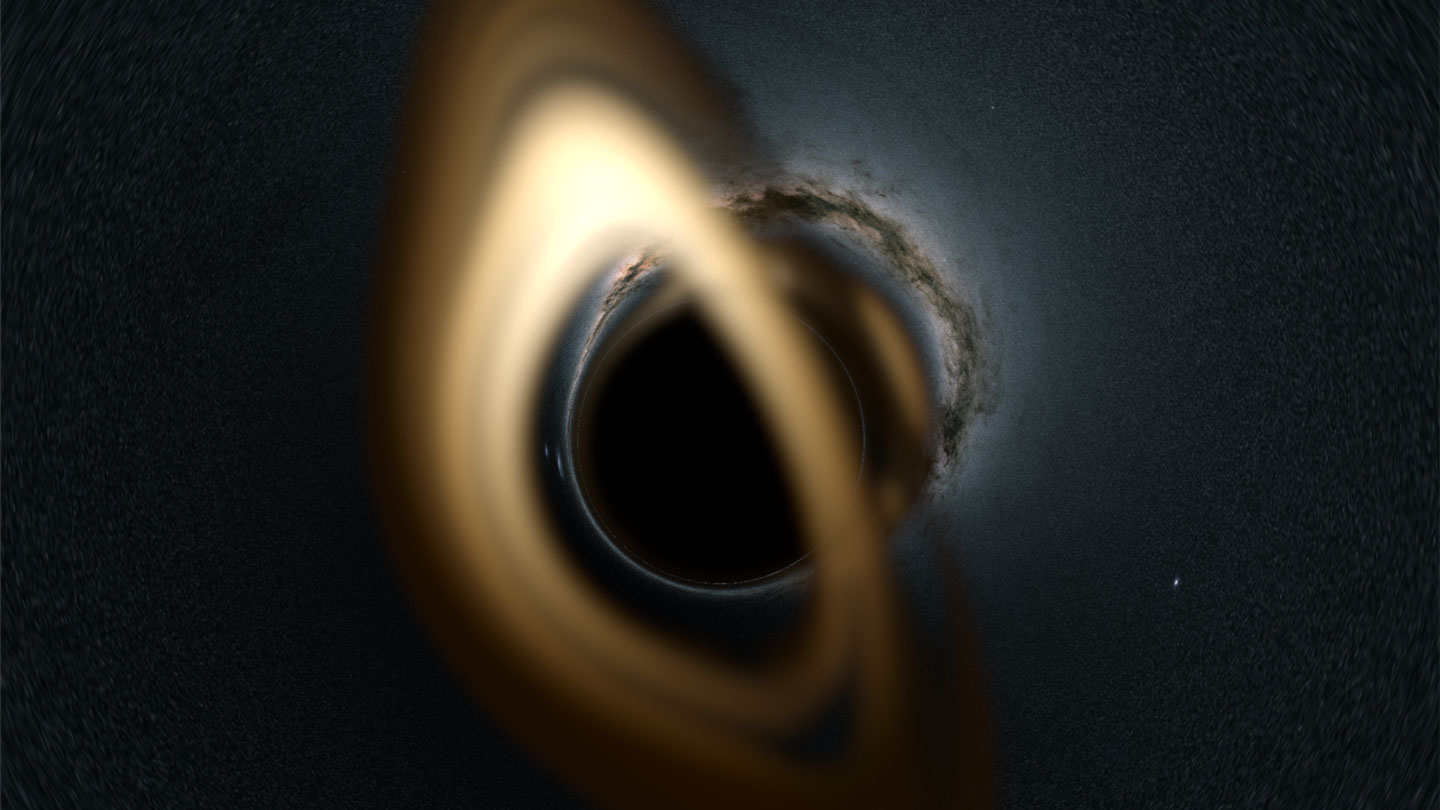The closest black gap but discovered is simply 1,560 light-years from Earth, a brand new research studies. The black gap, dubbed Gaia BH1, is about 10 instances the mass of the solar and orbits a sunlike star.
Most identified black holes steal and eat fuel from huge companion stars. That fuel kinds a disk across the black gap and glows brightly in X-rays. However hungry black holes will not be the most typical ones in our galaxy. Much more quite a few are the tranquil black holes that aren’t mid-meal, which astronomers have dreamed of discovering for many years. Earlier claims of discovering such black holes have to date not held up (SN: 5/6/20; SN: 3/11/22).
So astrophysicist Kareem El-Badry and colleagues turned to newly launched knowledge from the Gaia spacecraft, which exactly maps the positions of billions of stars (SN: 6/13/22). A star orbiting a black gap at a protected distance received’t get eaten, however it is going to be pulled forwards and backwards by the black gap’s gravity. Astronomers can detect the star’s movement and deduce the black gap’s presence.
Out of tons of of hundreds of stars that appeared like they have been tugged by an unseen object, only one appeared like a superb black gap candidate. Comply with-up observations with different telescopes help the black gap thought, the group studies November 2 in Month-to-month Notices of the Royal Astronomical Society.
Gaia BH1 is the closest black gap to Earth ever found — the following closest is round 3,200 light-years away. But it surely’s in all probability not the closest that exists, and even the closest we’ll ever discover. Astronomers assume there are about 100 million black holes within the Milky Approach, however virtually all of them are invisible. “They’re simply remoted, so we are able to’t see them,” says El-Badry, of the Harvard-Smithsonian Middle for Astrophysics in Cambridge, Mass.
The following knowledge launch from Gaia is due out in 2025, and El-Badry expects it to carry extra black gap bounty. “We predict there are in all probability lots which might be nearer,” he says. “Simply discovering one … suggests there are a bunch extra to be discovered.”


